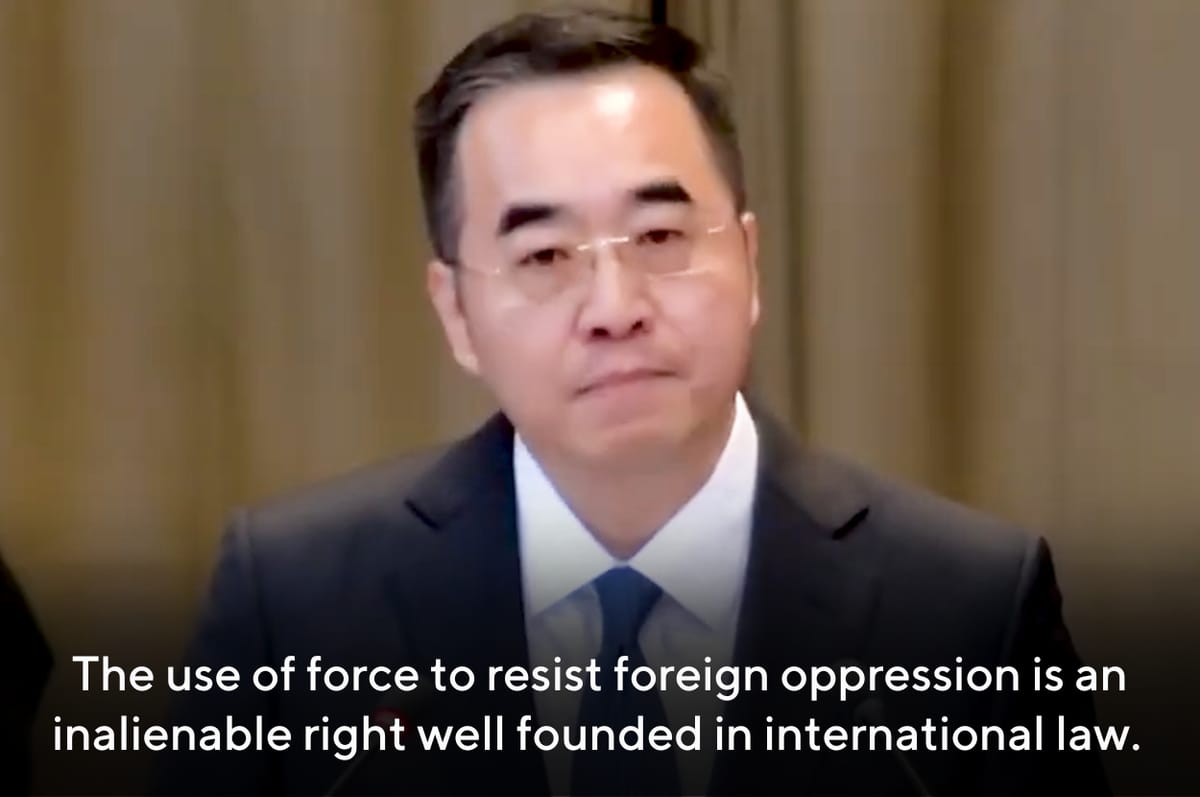In A Watershed Moment, The ICJ Has Found Israel’s Occupation Of Palestine Is Illegal And Must End
In the advisory opinion, the world's top court ruled that Israel's continued presence in the occupied Palestinian territory to be illegal.

The International Court of Justice (ICJ) has found that Israel's occupation of the Palestinian territories is illegal and in violation of international law.
On Friday July 19, the ICJ issued its opinion on Israel's occupation of the Palestinian territory after the UN General Assembly passed a resolution in December 2022 asking it to examine the legal consequences of Israel’s occupation of the Palestinian territories.
Israel has occupied the West Bank, East Jerusalem and the Gaza Strip since 1967, making it the world's longest military occupation in modern history.
The case, which is separate from South Africa’s case against Israel committing genocide in Gaza since Oct. 7, is one of the most participated-in hearings in the ICJ's history and involved six days of hearings in February, when 52 countries and three organizations presented their arguments on the issue.
In the advisory opinion, the world's top court ruled that Israel's continued presence in the occupied Palestinian territory to be illegal.
It pointed out a wide range of Israel's policies that all violated international law.
These include building and expanding Israeli settlements in the Palestinian West Bank and East Jerusalem, using the area's natural resources, annexing and imposing permanent control over lands and imposing discriminatory policies against Palestinians, according to Al Jazeera.
"As a consequence of Israel's policies and practices which spanned decades, the Palestinian people has been deprived of its right to self-determination over a long period, and further prolongation of these policies and practices undermines the exercise of this right in the future," Nawaf Salam, the ICJ's president said in the ruling.
It said that Israel is under an obligation to end its unlawful occupation as rapidly as possible, as well as stop building new settlements and remove existing ones from the Palestinian territory it occupies.
It also said countries and organizations around the world like the United Nations have an obligation not to recognize Israel's occupation as legal and must not give aid or assistance to Israel in maintaining its unlawful occupation.
Finally, the court called on the United Nations to consider taking further action to bring about an end to Israel's occupation as rapidly as possible.
An advisory opinion is not legally binding like the ICJ’s official rulings, but it does carry a lot of authority and weight.
Palestine's Foreign Minister Riyad Maliki called the latest ruling on Israel's occupation a "watershed moment for Palestine, for justice and for international law."
Israeli prime minister Benjamin Netanyahu's office meanwhile called the ruling a "decision of lies" that distort the truth, saying that "the Jewish people are not occupiers in their own land" in a statement.
Other Israeli politicians also accused the ICJ of being anti-semitic.









